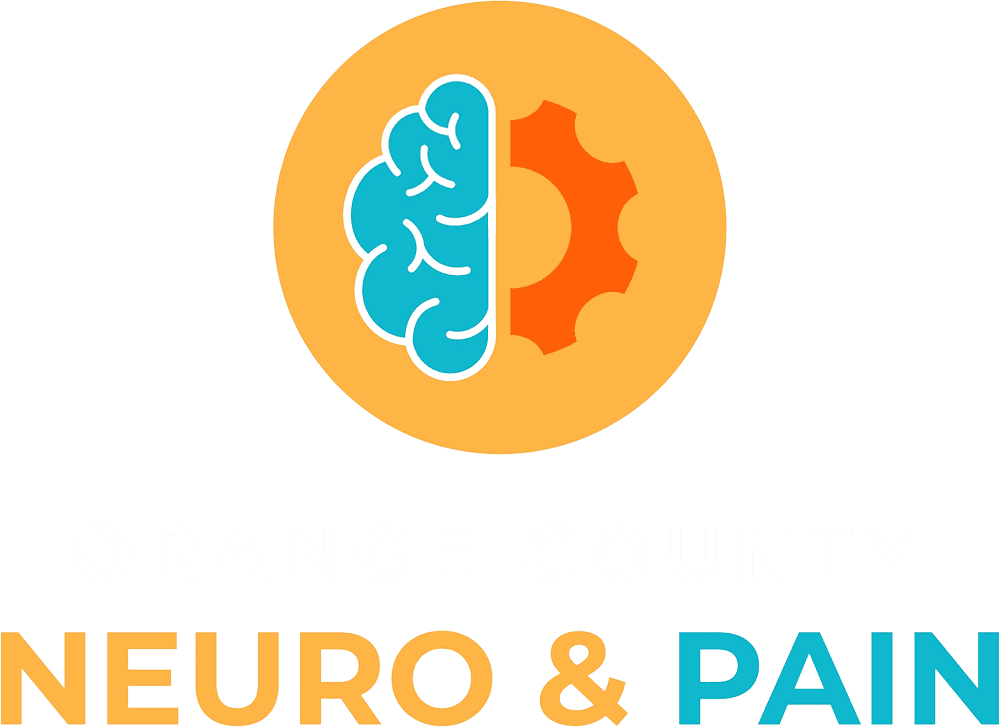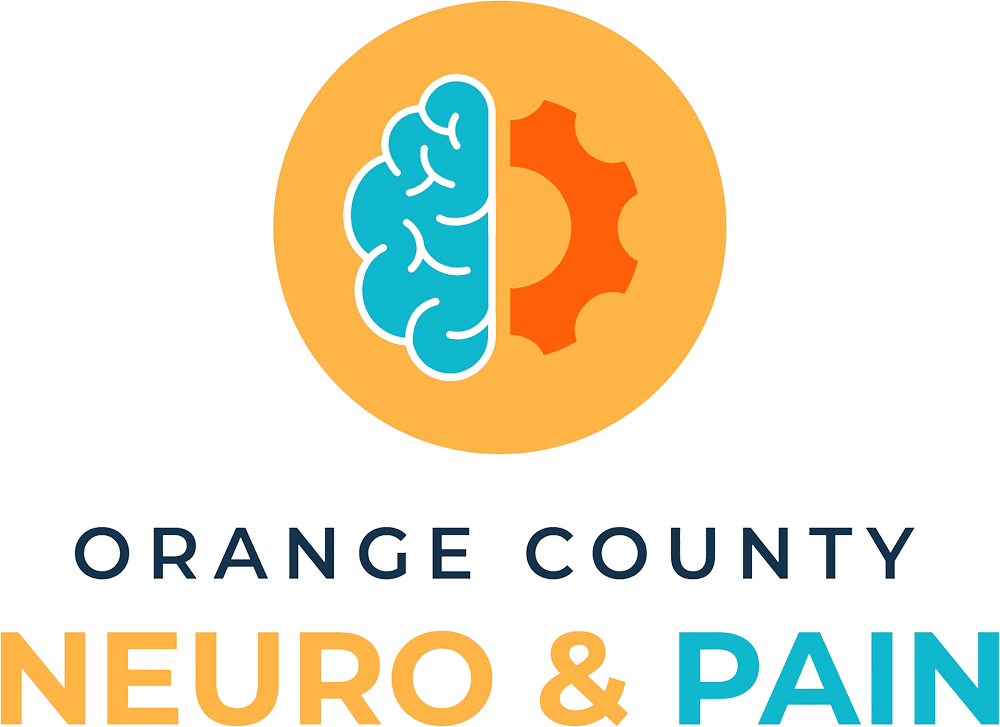

Depression is a mental health disorder that affects millions of people worldwide. It can cause feelings of sadness, hopelessness, and worthlessness. In addition to these emotional symptoms, depression can also cause physical symptoms such as fatigue and exhaustion. These symptoms can have a significant impact on a person’s quality of life and can make it difficult to carry out daily activities.
Symptoms of Depression
Fatigue is a common symptom of depression, affecting up to 90% of people with the disorder. It can be described as a feeling of exhaustion or lack of energy, and it can make even simple tasks feel overwhelming. People with depression may feel tired all the time, even after getting a good night’s sleep. They may also have difficulty concentrating and may experience memory problems.
Another common symptom of depression is exhaustion. People with depression may feel emotionally and physically drained, and they may have difficulty finding the motivation to do anything. This feeling of exhaustion can make it challenging to carry out daily activities, including work, school, and household chores.

Causes of Depression, Fatigue, & Exhaustion
The causes of depression-related fatigue are not entirely clear, but there are several factors that may contribute to it. One of the main causes is thought to be the way that depression affects the brain. Depression is associated with changes in the levels of certain chemicals in the brain, including serotonin and dopamine. These chemicals play a role in regulating mood and energy levels, and when they are disrupted, it can lead to fatigue.
Depression-related fatigue may also be caused by a lack of physical activity. People with depression may find it challenging to engage in exercise or other physical activities, which can lead to a loss of muscle tone and a decrease in energy levels. Additionally, depression can cause changes in appetite, leading to weight gain or loss, which can also contribute to fatigue.
The causes of depression-related exhaustion are similar to those of fatigue.
Changes in brain chemistry and a lack of physical activity can both contribute to feelings of exhaustion. Additionally, people with depression may experience disrupted sleep, which can lead to feelings of exhaustion during the day.
Risk Factors of Depression
The risk of developing depression is associated with the following factors:
- Traumatic or stressful events, such as physical or sexual abuse, death of a loved one, relationship problems, or financial difficulty
- Alcohol abuse
- Drug abuse
- Serious or chronic illness, such as chronic pain, stroke, cancer, or heart disease
- Certain personality traits, such as codependency, self-criticism, pessimism, or low self-esteem
- History of anxiety, eating disorders, or post-traumatic stress disorder (PTSD)
- Medications
Treating Depression With Ketamine Infusion Therapy
Ketamine is a fast-acting antidepressant that has shown promising results in treating depression. It works by targeting the brain’s glutamate system, which is involved in mood regulation. By blocking certain glutamate receptors, ketamine increases the release of certain chemicals in the brain, such as brain-derived neurotrophic factor (BDNF), that promote the growth and connectivity of neurons. This leads to a rapid improvement in depressive symptoms, including low mood, anhedonia, and suicidal thoughts.
While the exact mechanism of ketamine’s antidepressant effects is still under investigation, research suggests that it may help to “reset” neural circuits involved in depression and enhance neuroplasticity, the brain’s ability to adapt and change.

